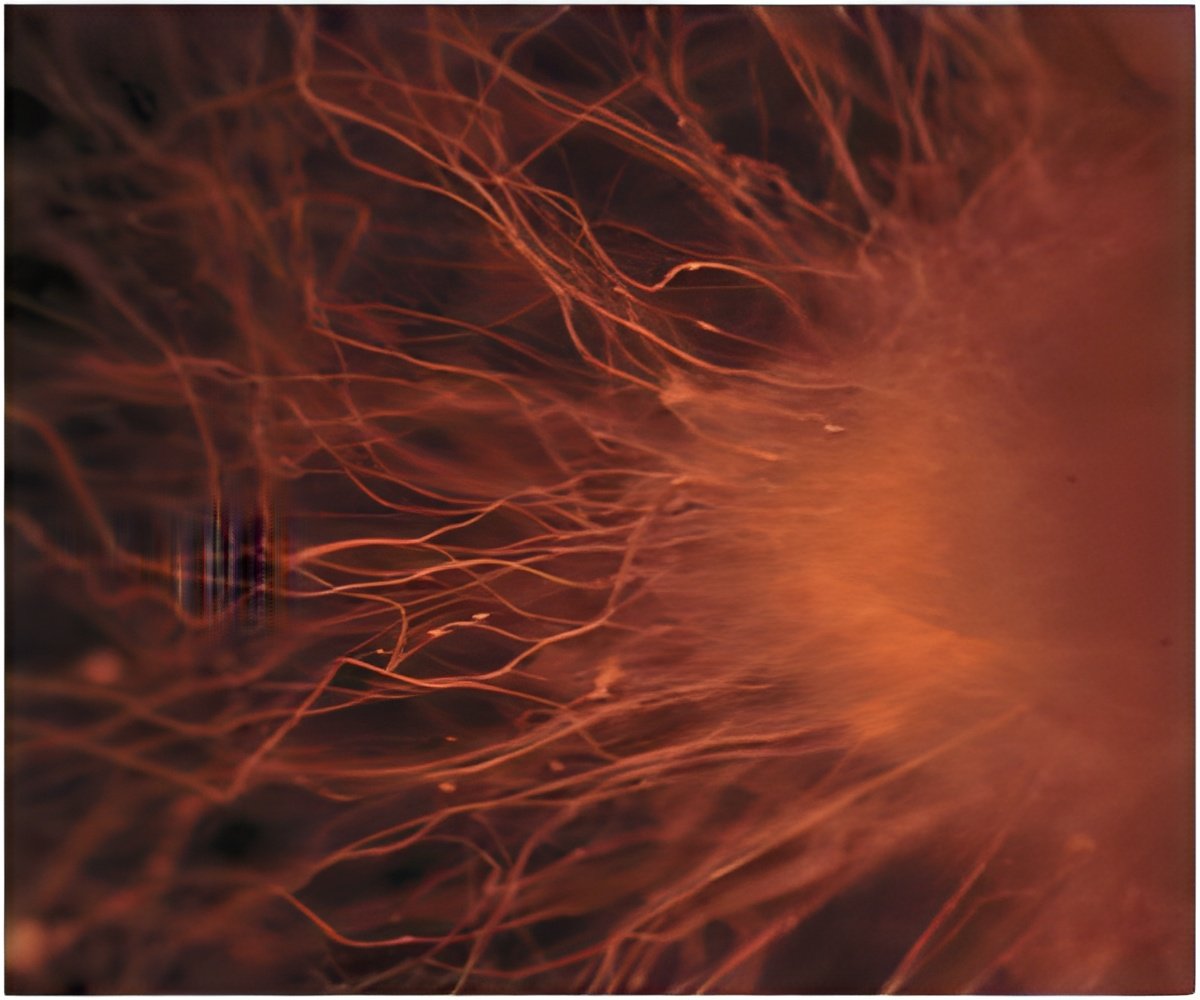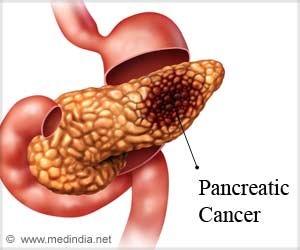Vaccine made from pluripotent stem cells (iPSCs) offers a new approach that may protect against pancreatic cancer, said researchers.

‘The iPSC-based vaccine targets many cancer antigens simultaneously, this vaccination approach may be more durable as pancreatic tumor cells may be left with fewer ways of escaping recognition by the vaccine-trained immune system.’





It is well known that vaccines can be highly effective in preventing infections by training the immune system to recognize agents foreign to the body, such as viruses, and to eliminate them. Vaccines trigger the immune system by presenting so-called antigens, such as proteins not normally present in the body, which are then recognized as foreign by the immune system and therefore trigger an immune response. Less known, and still in the early stages, are vaccines against cancer. Tumor cells often contain unique antigens that are rare or not found in other tissues of the body and, like antigens from a virus, can be targets for the immune system.
To date, it has been a challenge to develop an effective and durable (lasting) vaccine against tumors. In this study, recently published in Stem Cell Reports, the researchers capitalized on the knowledge that iPSCs produce antigens that are also found on different types of tumors, but not present in most normal tissue.
They then vaccinated mice with the iPSCs that were treated with irradiation, so that they would not divide, and a CpG adjuvant to stimulate a robust immune response. Their hope was to train the mice's immune systems to mount a response against the iPSCs, or any type of cell with a similar antigen makeup, including cancer cells.
The results of the study are insightful. The iPSC vaccination protected 75% of mice subsequently injected with pancreatic cancer cells from developing tumors. Further, vaccination increased the number of tumor-targeting immune cells, and the vaccinated mice developed antibodies against the cancer cells.
Advertisement
Source-Eurekalert















